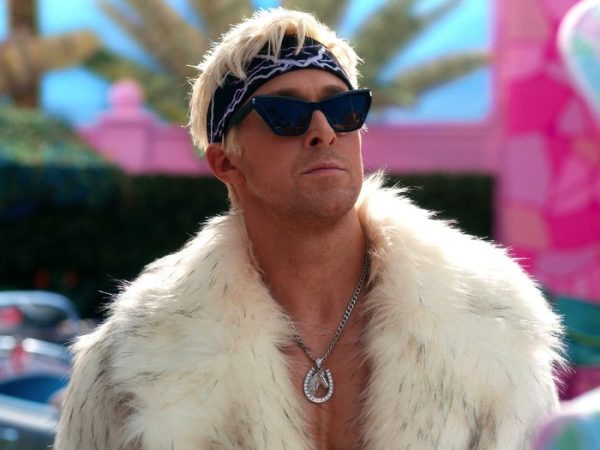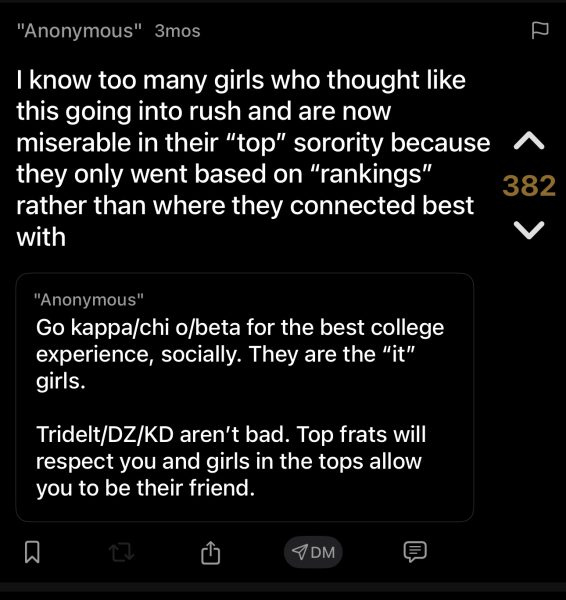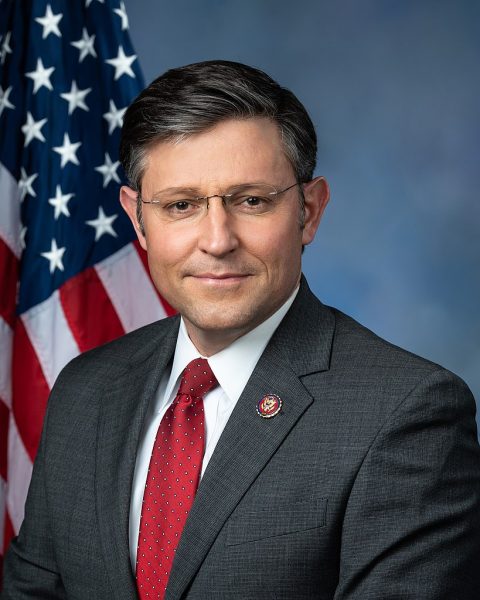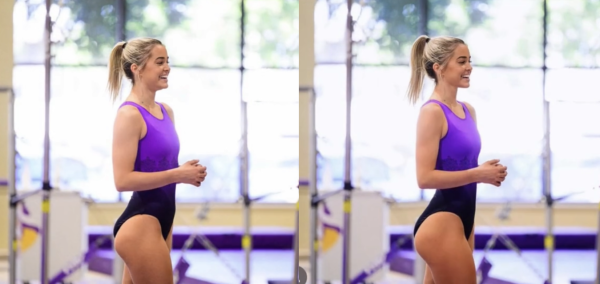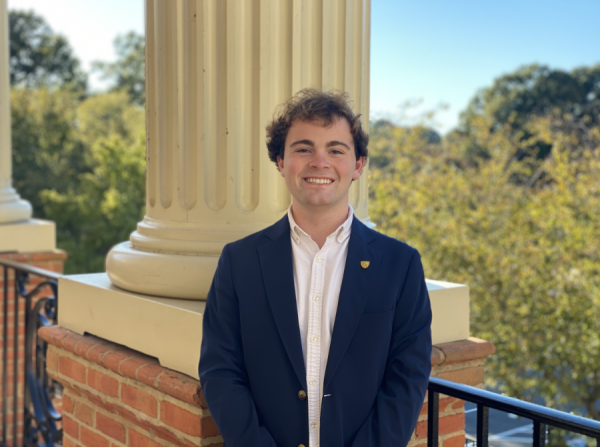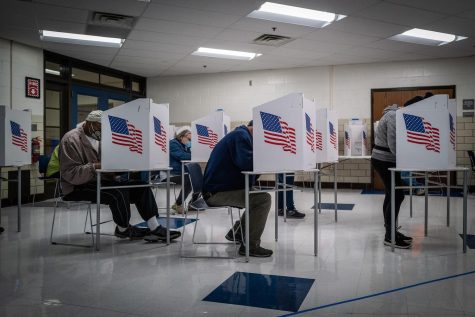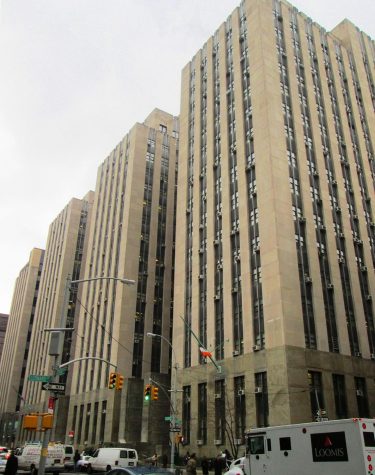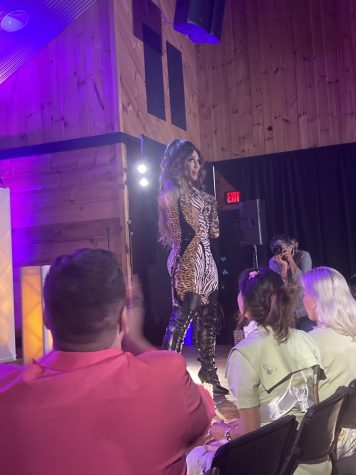Black women form decisive voting block
Black women voters constitute a crucial voting block and should exercise their political rights
October 22, 2020
We are living in such unexpected times; the national election is less than a month away and local elections are on the ballot in many states. Young Black women, many of whom are first time voters, can be a deciding block of voters this election. In 2016, of the Black Women that voted, 96% of Black Women voted for Hilary Clinton.
We are currently living through a global pandemic, an economic crisis with a record number of jobs lost and some of the most politically and socially polarized times our country has ever seen.
“I was raised on the fundamental values that voting is important and you need to have your voice heard in a democracy and play your part,” said freshman Cerrin Crewford.
Deb Marke is the assistant director, advocacy and social justice education at Wake Forest where she has been exposed to a lot of different voters, especially Black women: “I think that when it comes to Black women and Black girls, it feels like there is a lot of responsibility and a lot of pressure to take care of our communities. It is really difficult to see people who look like you, people who could be your brother, sister murdered and shot down by state sanctioned violence. In the U.S we vote for sheriffs and politicians who decide how money is allocated in our cities, if we want to see change, we have to put those people in office and demand it.”
Sophomore Marion Teshome and Carmen Chamblee a junior at The University Of North Carolina Chapel Hill may not have had a family member strongly advocating for voting in the past but they do now. Both of them discussed that they have recently learned the importance of local elections and the strong impact that social media has had on motivating them to become active and informed voters.
Young Black women, many of whom are first time voters, can be a deciding block of voters this election.
Teshome has been the one advocating for her family to get out and vote: “I am the one that is passionate about voting and constantly telling family members and parents how important it is to vote every time I see them, ” said Teshome.
“Although my family members are active voters, voting was never really talked about until Obama was elected. It was a big thing, and this gave my family hope and made them excited about politics,” said Chamblee.
Social media has had an impact on how many college students will vote, in many ways it is how a lot of college students stay informed on what is happening in the world around them. For Teshome and Chamblee, seeing and hearing first-hand the police brutality and other systematic issues that people have experienced in this country made them want to get out and vote.
Marion said “social media has had a huge impact on how I decided to vote, seeing all the protests happening around the country and people talking about voting has formed my views on an independent leaning towards the democratic party”
“This summer I was working with other Black women and took some time to look at the Winston Salem Budget to talk to the city council to talk about why so much money is being allocated to the police department when we are on the verge of an eviction crisis,” said Marke.
Whether they have been talking about voting with their family members since they were young, or they are now the ones advocating for their family members to vote.
It is clear that everything that has happened in the past four years has urged many first-time voters to become active and informed voters. “In my mom’s words, if you don’t vote it’s very difficult for people to complain, if you have the opportunity to vote and you don’t, you had the opportunity to voice your opinion,” said Marke.












